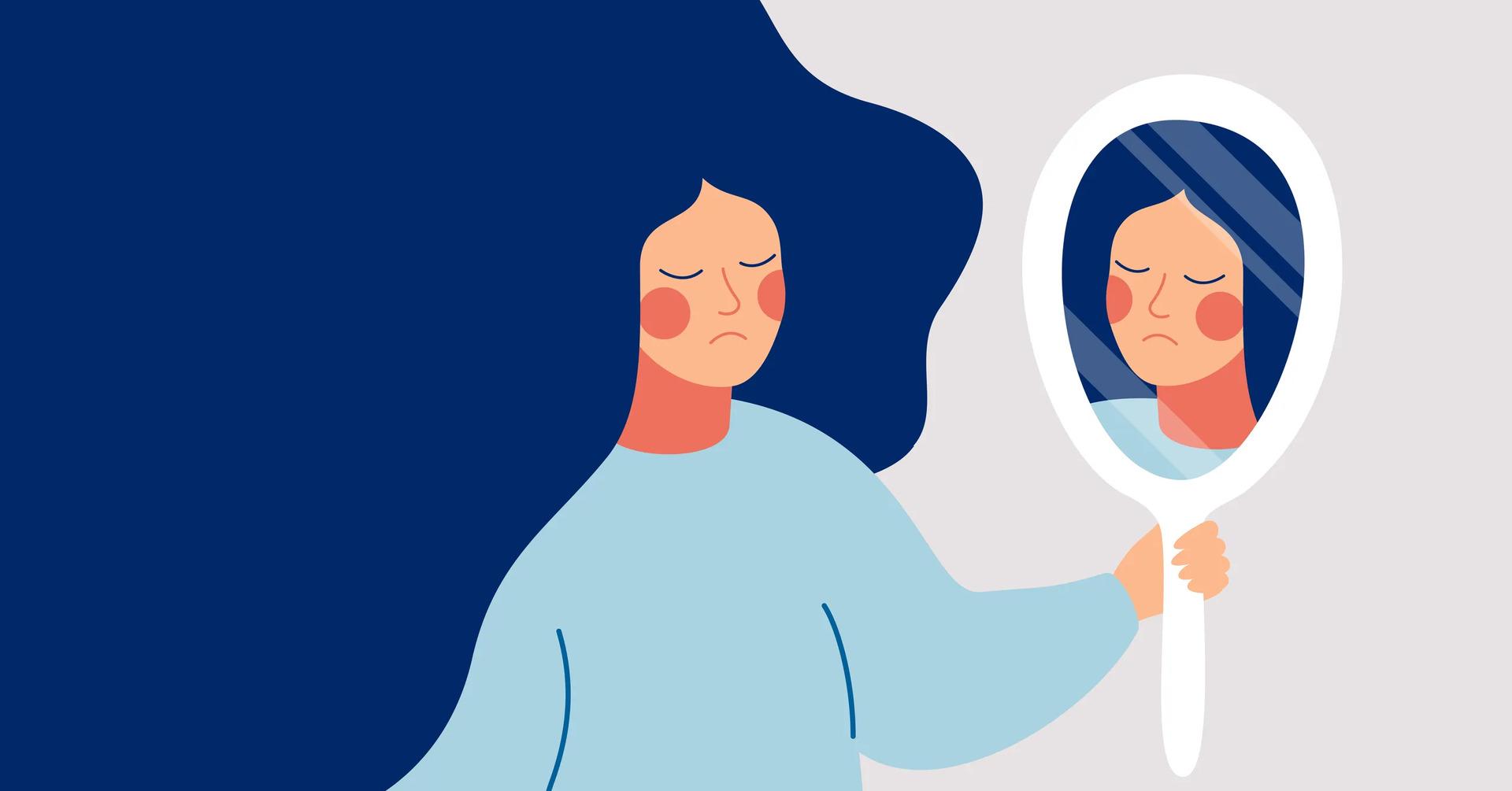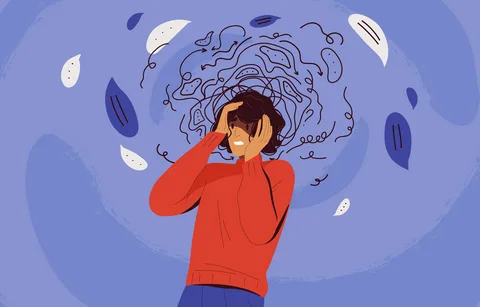Due to the idolization of grace and beauty and the rarity of victimisation, people are more sensitive to their beauty than ever before. They are expected to be charismatic and bodacious as friends and partners. The present research aimed to examine the associations between Appearance Anxiety, Rejection Sensitivity and Body Dysmorphic Disorder.
Body dysmorphic disorder sufferers differ significantly from the general population in that they experience pain and noticeable changes in fundamentally serviceable entities. This has also resulted in rejection sensitivity and appearance anxiety. According to studies, people with body dysmorphic disorder tend to have higher levels of appearance anxiety, rejection sensitivity, and poor self-competence.
Researchers have discovered that people worry about their facial traits, such as their eyes, nose, skin tone, and hair, over the course of the year. According to Catherine Silver (2018), between 5 and 7 million Americans suffer from body dysmorphic disorder.
According to studies, kids who suffer from body dysmorphic disorder isolate themselves, perform less academically, withdraw socially, and avoid social situations. Body dysmorphic disorder affects 2.5% of men and 2.2% of women, and it often begins between the ages of 12 and 15 years (American Psychiatric Association, 2013).
The social comparison theory supports a person’s innate desire to advance and stand out in comparison to others. Individuals’ findings in having poor psychological results in this analysis were exceeded.
According to studies, admiring and viewing photographs of models and performers on social media sites like Instagram can leave women depressed and ultimately cause them to have an unfavourable opinion of themselves. Women prefer to post the most attractive photos on social media because they use filters and photo editing software to make themselves look more attractive.
Researchers have discovered that some of the main signs of rejection sensitivity include binge eating, mental breakdown, intense anxiety, and suicidal thoughts. According to a review, those who are sensitive to rejection have a bad opinion of themselves, spend more on dates, and participate more in social groups.
Another study looked at additional elements, such as weight and physical attractiveness (body mass index – BMI). Physical attractiveness and symptoms of appearance-related anxiety started to connect adversely, and females who reported having high levels of appearance anxiety were also shown to have higher BMIs.
In the present research, participants were 110 college students (females age range=, mean age = 19.84) from various colleges of Dehradun, Uttarakhand, using a purposive sampling method for this research and were ethnically diversified.
Each participant filled out the consent form before the questionnaires for each variable (i.e., Rejection sensitivity, Appearance anxiety, and body dysmorphic disorder) were provided and were collected both manually and in Google Docs Format.
The results of the present investigation unmistakably demonstrated a relationship between appearance anxiety and self-reported symptoms of body dysmorphic disorder. These results confirm the significance of physical attractiveness and appearance for females.
The study also discovered a negative relationship between rejection sensitivity and appearance anxiety. This result may be due to the fact that people who are sensitive to rejection may not always exhibit symptoms of body dysmorphic disorder and that many people today are comfortable with their body types and facial features.
Nowadays, increased body dissatisfaction brought on by societal expectations of attractiveness causes people to worry more about their appearance. It was discovered that those with high levels of appearance anxiety were closely associated with body dysmorphic disorder symptoms.
They coexist because some people are predisposed to certain symptoms, such as low self-esteem brought on by being harshly judged by parents and friends, as well as being exposed to traumatic life events like bullying because of an individual’s excess weight, facial features, colour, or caste, which results in emotional distortions.



